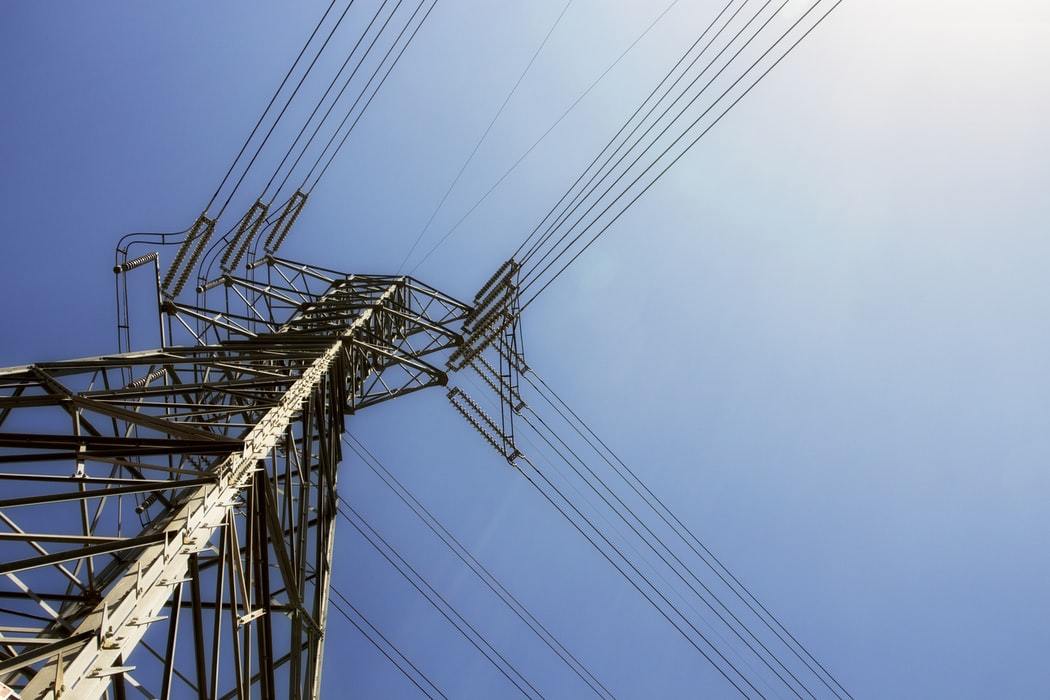

Professor Henrietta L. Moore
Recent research shows that Lebanon could witness an increase of 1.2 to 3.2 degrees in temperatures in areas that are already very arid and suffer from water shortage. An increase in temperature and a decrease in precipitation will have particular impact on the electricity sector - a higher cooling demand in summer and increased consumption for electricity. Rising sea levels and water scarcity in Lebanon could lead to internal climate migration and mass displacement from rural to coastal regions affecting agricultural output, jobs and livelihoods. The economic situation in the cities that are already prone to poverty, illiteracy and unemployment could become worse.
"Displaced people and climate change are two of the biggest challenges facing Lebanon’s future prosperity. They are also two opportunities that, if responded to through the uptake of renewable energy options, could produce a thriving economy in Lebanon. A renewable energy transition would utilise the skills of an increasing population, the country’s natural resources, and provide energy resilience. It is not just about changing energy patterns but creating value for communities by reformulating public services to improve prosperity for all residents."
Professor Henrietta L. Moore
National energy provision systems planning assumes energy access improvement through extension of the electricity grid. However, alternative microscale technology at the household, community and municipality level means that the transition can take place at different scales. Microscale renewable energy allows energy sovereignty by providing independence. Access to electricity through decentralised generation renewable energy systems could have transformative impacts both in terms of directly improving the everyday lives of people at the household level and enabling them to be recognised as urban citizens with rights and claims, through the provision of services. There are many creative and informal ways that local communities and municipalities have been able to compensate for the lack of a comprehensive, consistent and reliable provision and storage of energy in Lebanon. These could contribute to a transition to renewable energy that does not solely rely on government-level political structures, or one that adds to the resilience of centralised power.
However, more awareness and understanding of the environmental impact of energy systems at the municipality level is needed. This could have significant impact on access to energy for households living in informal settlements in Lebanon in particular and open up opportunities for job creation, social inclusion and opportunities for women’s empowerment.
Lebanon is burdened with significant public debt which prevents it from investing in infrastructure and its huge fiscal deficit is partly caused by large subsidies of conventional energy. Renewable energy could provide a way forward here through the production of cheaper energy and reduced subsidy. Lebanon could benefit from a democratic infrastructure to allow people to participate in the decision-making process locally. The influence of climate change on general social instability is intimately and inextricably linked to energy and public services more broadly. Such instabilities can play a part in leading to mass exodus, the consequences and management of which is hugely demanding for the populations and countries involved. Renewed thinking on energy transition has much to offer.
“We are being suffocated by fossil fuel emissions on a daily basis; fossil fuels from outdated power plants; fossil fuel from diesel generators across the country; fossil fuels from every single car that is emitting emission across the street. Lebanon has been ranked among the top five polluting countries in the region in the last to report that Greenpeace has released. If that is not enough for us i.e. our health what we are inhaling as the reason for us to change then the future of the next generation for me is an important element.”
Participant in our workshop.
Our new report, ‘Transitions to Renewable Energy and Sustainable Prosperity in Lebanon: Why Democratic Infrastructure Supports Innovative Energy Projects’, is based on a discussion around the transitions to renewable energy and sustainable prosperity in Lebanon held at a workshop in Beirut, Lebanon on 23 September 2019, as part of Beirut Energy Forum. This was the second in a series of workshops exploring the transition to renewable energy in Lebanon, at the UN-House in collaboration with UN Economic and Social Commission for Western Asia (ESCWA) and Chatham House. The report explores the role of municipalities, the role of education and the future scenarios we can imagine for Lebanon’s energy supply in the context of the climate emergency.
Read our report ‘Transitions to Renewable Energy and Sustainable Prosperity in Lebanon: Why Democratic Infrastructure Supports Innovative Energy Projects’ (2020)
Read our report ‘Transitions to Renewable Energy and Sustainable Prosperity in Lebanon: A People-Centred Approach to Equitable Energy Supply’ (2019)
Read our paper ‘Decentralised renewable energy and prosperity for Lebanon’
Image credit: Jason Richard on Unsplash